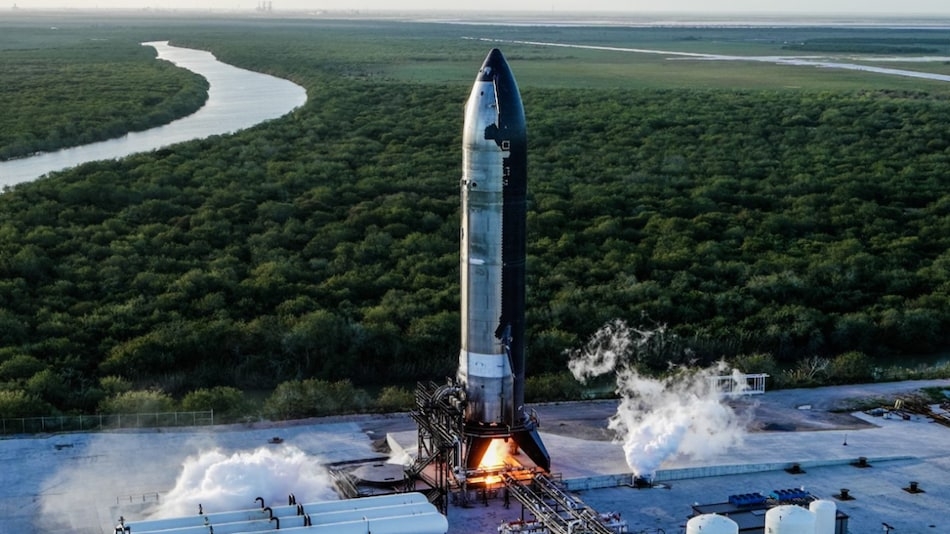Blue Origin’s NS-27 Launch Delayed by GPS Issues
Blue Origin’s recent effort to launch its second human-rated New Shepard rocket, designated NS-27, has been postponed due to a GPS malfunction. The mission, originally slated for liftoff on October 13th at 9:27 AM EDT (6:57 PM GMT), aimed to send a newly engineered rocket-capsule system into suborbital space. This delay follows a prior cancellation just six days earlier when the initial launch attempt was called off due to technical difficulties.
Company’s Official Statement on the Delay
The aerospace firm, established by Jeff Bezos, announced the postponement via X (formerly Twitter), saying, “We’re standing down on today’s launch attempt to troubleshoot a GPS issue. New launch target forthcoming.” This recent setback raises concerns regarding the reliability of the systems supporting the New Shepard program, which has successfully completed 26 missions, including eight that transported astronauts.
Importance of the NS-27 Mission
The NS-27 mission is particularly notable as it marks the inaugural flight of Blue Origin’s second human-rated vehicle. This advanced rocket features improvements aimed at enhancing both performance and reusability, along with a refreshed exterior and capabilities for carrying additional payloads. Although this mission will be uncrewed, it will transport 12 research payloads, including advanced navigation systems for use with both the New Shepard and Blue Origin’s larger New Glenn rocket.
Impact on Space Tourism and Research
The introduction of this new spacecraft is designed to boost the company’s flight capacity, catering to an expanding customer base interested in suborbital space tourism. The Kármán line, recognized as the threshold of outer space at 62 miles above Earth, will be a focal point for ongoing research relevant to future lunar missions, particularly with LIDAR sensors developed for lunar operations.
Competition in the Space Sector
On the same day, SpaceX conducted its Starship Flight 5 test mission, which achieved the milestone of successfully landing and recovering the first-ever Super Heavy booster. Meanwhile, SpaceX’s Crew-8 mission, involving the Dragon capsule Endeavour, experienced delays as it prepared for undocking from the International Space Station, pending improved weather conditions for its return journey to Earth.




